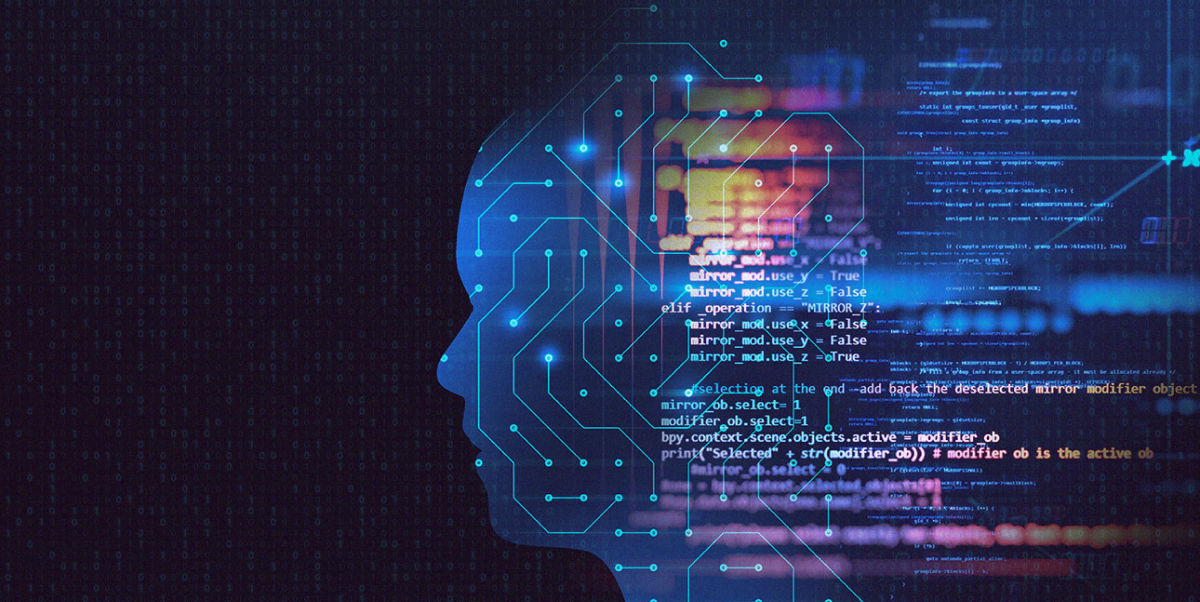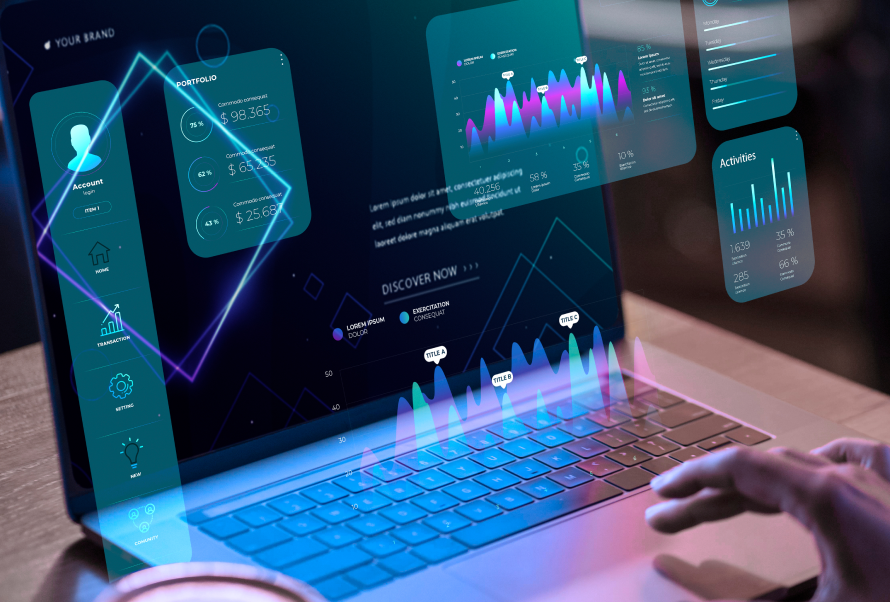Jump to Section
ToggleIntroduction
As the world increasingly integrates artificial intelligence-powered agents, evaluating these
AI systems has become essential for ensuring their reliability, safety, and effectiveness.
At ai-horizon.io, we prioritize this important task with our enterprise AI agent framework.
Our AI capabilities are central to automating business processes and improving decision-
making.
Introducing ai-horizon.io’s AgentEval, a built-in feature of ai-horizon.io agents that provides a comprehensive set of evaluation tools designed to assess and optimize AI agents across multiple dimensions.
Our enterprise AI platform supports the development and scaling of AI projects, fostering better collaboration among AI experts and engineers.
In this article, we explore the key features of ai-horizon.io’s AI agent evaluation system, examining how each aspect contributes to building trustworthy and high-performing AI solutions
Toxicity Management for GenAI Models
AI agents utilize Large Language Models (LLMs) that are trained on a wide range of text and language from various sources. Although LLMs are advancing in their moderation abilities, companies are seeking more reliable methods to minimize risks.
In enterprise settings, especially for customer service and social media moderation, managing toxic output is critical.
ai-horizon.io’s toxicity management feature is designed to identify and address harmful, offensive, or inappropriate content generated by AI agents.
AI tools are essential for detecting and mitigating harmful content in AI-generated interactions, promoting safer user experiences.
Unlike traditional LLM-based toxicity controllers, which can be less deterministic, ai-horizon.io employs a custom machine learning model to enhance reliability.
The toxicity controller utilizes:
By implementing comprehensive toxicity control, ai-horizon.io enables developers to create enterprise AI agents that foster a safe and respectful environment for users.
Context Relevance
The effectiveness of an enterprise AI agent heavily depends on its ability to comprehend and
appropriately react to context.
Generative AI models are pivotal in this regard as they not only produce creative content but
also automate complex tasks, thus improving the agent’s contextual awareness.
ai-horizon.io’s context relevance feature assesses how well an agent’s responses match the
context of a given query or conversation.
Key components of context relevance evaluation include:
This feature is further refined by HybridRAG’s dual retrieval mechanism, which enriches contextual information through a combination of vector-based similarity searches and structured knowledge graph queries.
This method proves particularly effective for managing domain-specific contexts, such as those encountered in financial or technical documents.
Groundedness
Groundedness refers to an AI agent’s capacity to deliver responses that are firmly based on factual information and logical reasoning.
ai-horizon.io’s groundedness evaluation feature measures how well an enterprise AI agent’s outputs are backed by verifiable data or sound logical reasoning. Data scientists are essential in maintaining the logical consistency and factual accuracy of AI- generated content.
They collaborate with software engineers and business analysts to ensure AI solutions align with business goals and technical requirements.
The groundedness assessment involves:
ai-horizon.io’s groundedness feature utilizes the HybridRAG approach, which enhances source verification. By combining vector databases with knowledge graphs, the system more effectively traces information to its origins, thereby ensuring a higher degree of groundedness in AI-generated responses.
Answer Relevance
Context relevance ensures that an enterprise AI agent remains focused on the topic, while answer relevance pertains to how precisely and accurately the agent responds to the user's specific question or request.
ai-horizon.io’s answer relevance feature utilizes advanced natural language understanding techniques to assess the accuracy and appropriateness of the agent’s responses.
Generative AI models are essential for producing relevant and thorough answers by harnessing their capabilities to generate text, images, and other creative outputs. However, these models come with challenges, including high resource demands and issues such as hallucination and bias.
Key aspects of answer relevance evaluation include:
The HybridRAG technology that powers this feature enables a more refined assessment of answer relevance. By integrating vector-based and knowledge graph-based retrieval methods, ai-horizon.io effectively addresses both abstractive and extractive questions, resulting in more accurate and comprehensive answers.
Truthfulness
A key component of evaluating enterprise AI agents is assessing their truthfulness. In today's world, where misinformation can spread quickly, it's crucial to ensure that AI-generated content is factually accurate.
ai-horizon.io's truthfulness evaluation feature utilizes advanced algorithms to cross-check agent outputs against verified information sources.
AI systems are equipped to manage extensive datasets and complex tasks, which helps maintain the accuracy and dependability of the content they generate.
The truthfulness assessment process includes:
ai-horizon.io’s truthfulness feature leverages HybridRAG technology, which integrates vector-based and knowledge graph-based retrieval methods. This innovative approach, as highlighted by Sarmah et al. in their recent paper, enhances fact-checking by utilizing both structured and unstructured data sources.
By implementing thorough truthfulness checks, ai-horizon.io assists in creating enterprise AI agents that users can rely on for accurate and trustworthy information.
Self-reflection & Cross-reflection
Self-awareness and the capacity to learn from past interactions are essential qualities for enterprise AI agents.
ai-horizon.io’s reflection feature allows agents to evaluate their own performance and make necessary adjustments to enhance future interactions. Effective AI project management is vital in this context, as it helps agents systematically assess their actions and results to improve their skills.
Beyond self-reflection, ai-horizon.io agents also have cross-reflection capabilities, enabling them to utilize multiple leading LLMs to generate and validate their outputs.
Key aspects of the reflection feature include:
By integrating reflection capabilities, ai-horizon.io ensures that AI agents continuously evolve and refine their skills, resulting in improved long-term performance.
PII Redaction
Ensuring user privacy is a crucial aspect of AI applications. ai-horizon.io's PII (Personally Identifiable Information) redaction feature is engineered to automatically identify and eliminate sensitive personal data from both AI agent inputs and outputs.
The PII redaction system utilizes:
This feature guarantees that AI agents developed with ai-horizon.io adhere to data protection regulations and protect user privacy.
Conclusion
ai-horizon.io extensive range of agent evaluation tools equips enterprises and startups with reliable agents for creating AI solutions that are not only highly effective but also trustworthy, safe, and ethically sound.
By focusing on key areas such as accuracy, contextual relevance, toxicity controller, and privacy safeguards, ai-horizon.io enables organizations to deploy AI agents with confidence. For large-scale enterprises, managing substantial data and infrastructure needs is essential for fostering innovation and gaining a competitive edge.
The incorporation of advanced technologies like HybridRAG into features such as truthfulness assessment, contextual relevance, groundedness, and answer relevance underscores ai-horizon.io’s dedication to advancing AI evaluation.
Furthermore, ai-horizon.io’s enterprise platform ensures security and compatibility within AI applications, offering tools and features for creating, fine-tuning, and deploying custom AI models.
As we look ahead, the continuous evolution and enhancement of AI evaluation methods will be pivotal in shaping the future of artificial intelligence. ai-horizon.io’s approach to agent assessment sets a new benchmark for the industry, paving the way for more transparent, accountable, and effective AI solutions across various applications and fields.
To learn more about our AgentEval feature, contact us!



